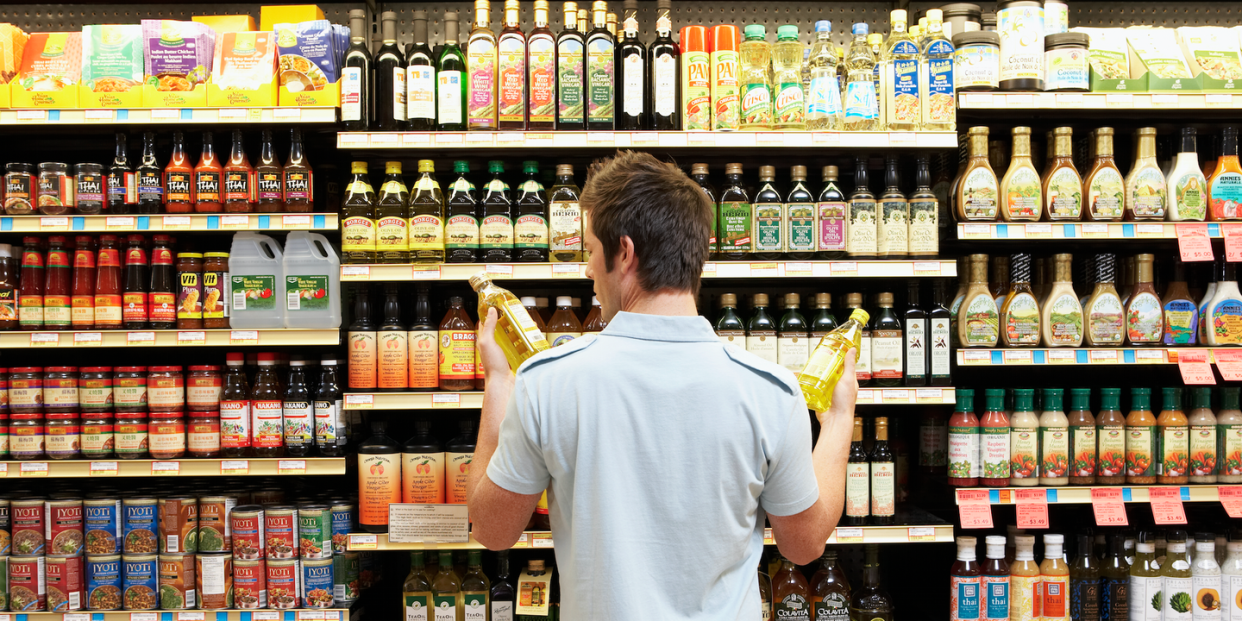"Natural" Food Means Nothing So Please, Everyone, Stop

Some marketing terms are like Freddy Kreuger: They just don’t die.
For years, as a dietitian, I’ve been trying to tell my clients that the word “natural” means absolutely nothing.
Yet a recent survey found that 53 percent of U.S. shoppers would be motivated to buy a product if it’s labeled “natural.”
(Sigh.)
I understand where the confusion comes from, I think. “Natural” is such a powerful word. The dictionary definition-existing in or produced by nature; not artificial-is crisp and clear.

Yet the U.S. Food and Drug Administration does not have a formal definition of “natural” as they do for “organic.” They do, however, have a “longstanding policy.” A food labeled “natural” should be free from artificial flavors, artificial sweeteners, artificial preservatives, and color additives. The FDA doesn’t address how a natural food can (or can’t) be processed, grown, or raised.
See? Confusion!
To the FDA’s credit, they tried to address this confusion. In late 2015, they government entity solicited comments from us-the American public-as to how they should define the term “natural.” But the comment period closed in mid-2016 and not a thing has happened since.
So consumers continue to believe in the persuasive power of “natural.”
In fact, the previously mentioned survey also shows how influential the claim “natural” is. Only two other claims on food packaging came close to having the same sway as "natural"-“no preservatives” and “no high fructose corn syrup.” Label lingo like “low sugar,” “antibiotic free,” “free range,” and “grass fed” appeared to only have the potential to influence less than half, sometimes as low as a quarter, of shoppers.
“The obvious reasons why food companies love labeling their foods as '‘natural’ is because ‘natural’ sells-never mind that it has no regulatory meaning beyond excluding artificial additives,” says Marion Nestle, Ph.D., Paulette Goddard Professor, of Nutrition, Food Studies, and Public Health at New York University. “The worst part is that many people believe that “’natural’ is equivalent to organic, a term that is highly regulated. That’s why there is so much pressure on the FDA to regulate the term. I can’t wait to see what the FDA comes up with.”
So the next time you’re shopping the grocery aisles, remember that “natural” means nothing. It’s doesn’t make a food healthier-or even healthy, for that matter.
('You Might Also Like',)
